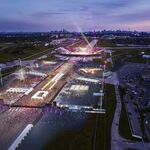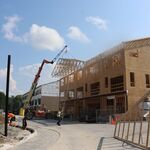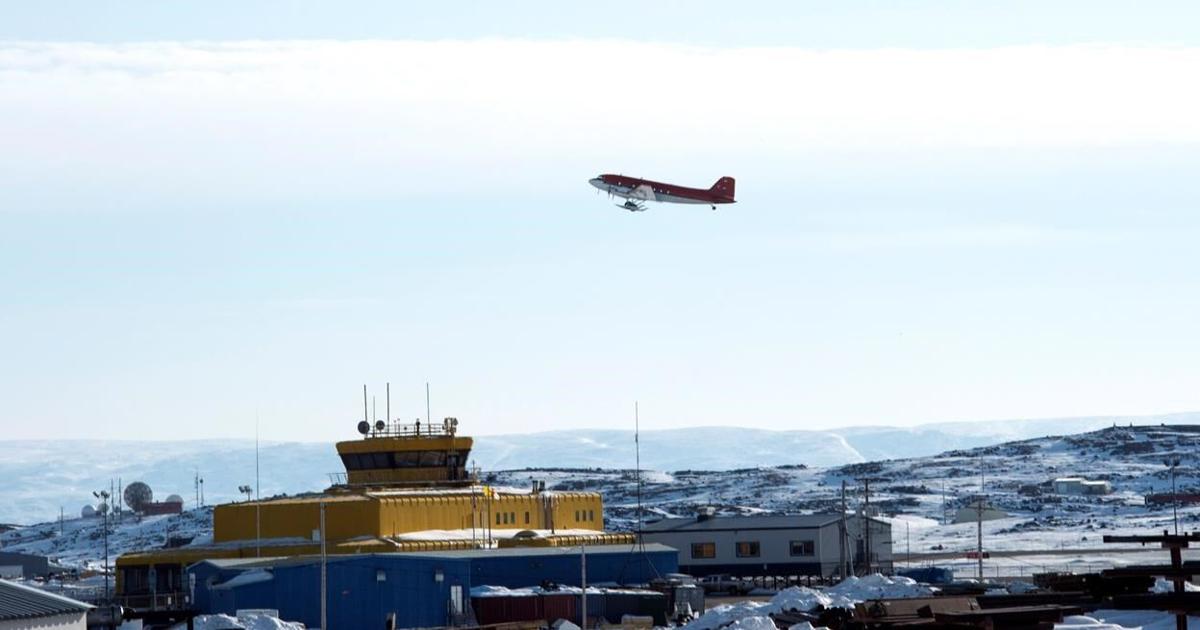lenaitch
Senior Member
This is one of those areas that needs a 'whole of nation' approach, even beyond a whole-of-government. We like to pat ourselves on the back that we are a 'northern nation' - but we're not. Close to 85% of our population lives within 160km of the US border, and over half of us live south of the 49th parallel. I suspect the Scandinavian countries laugh at us. Heck, how many people in Toronto have been north of the French River?Some might call me a hawk for pushing certain ideas. But turns out the Senate Committee on National Security, Defence and Veterans Affairs has many of the same ideas in their report on Arctic Security. They are calling for expediting the submarine replacement program and pushing to join AUKUS.
Arctic Security Under Threat: Urgent needs in a changing geopolitical and environmental landscape
Canada’s North is militarily exposed, economically underdeveloped and threatened by climate change — while world powers covet its rich resources and Arcticsencanada.ca
I don't think we need to turn the Arctic into an armed camp, but we are lacking things that are basic to the concept of 'it's ours'; proper mapping/nav. charts, innovation in operating and living up there (Inuit knowledge can help, but how to functionally mine, power, communicate, etc. - things important to a non-hunter/gatherer society - in the Arctic should be our forte. Other nations, even the US, should be coming to us for expertise.





